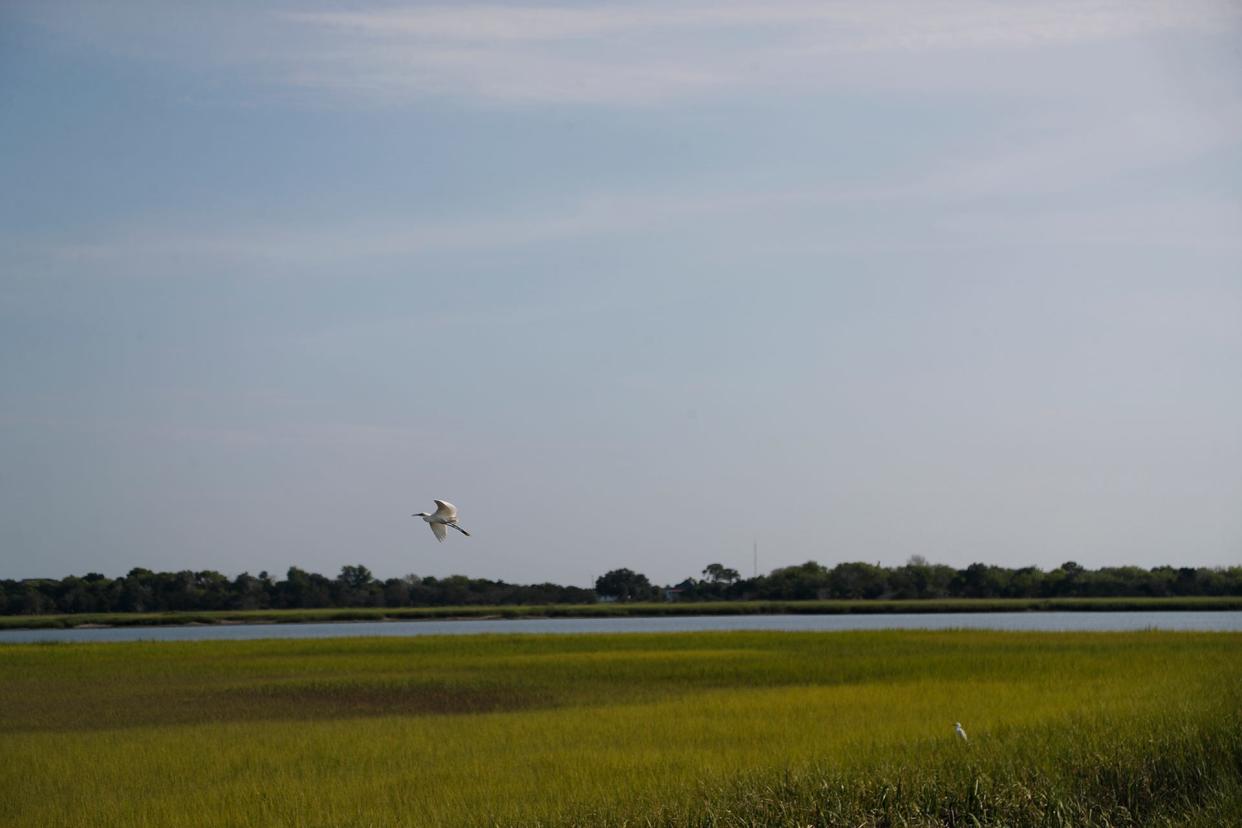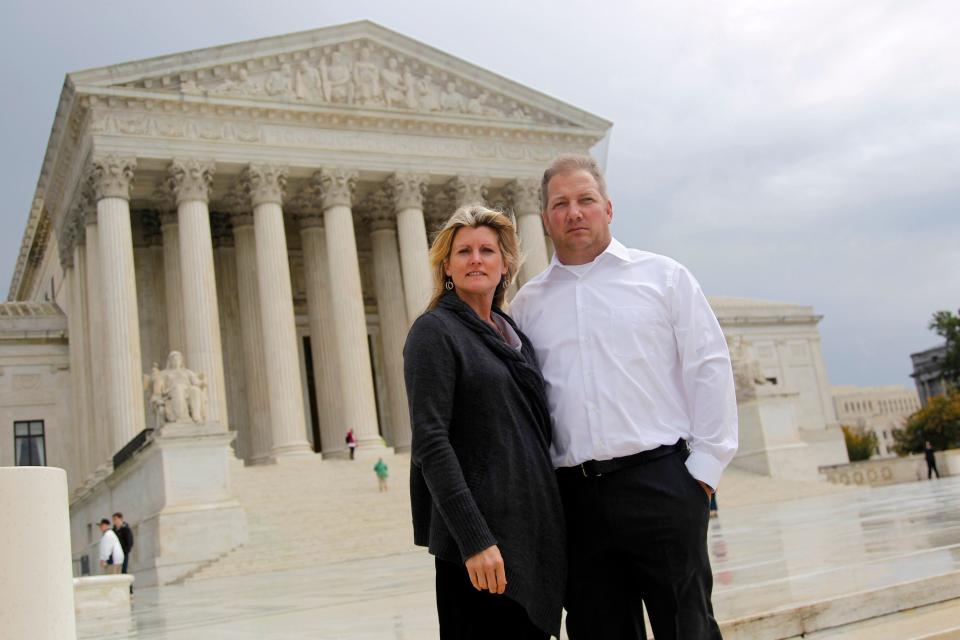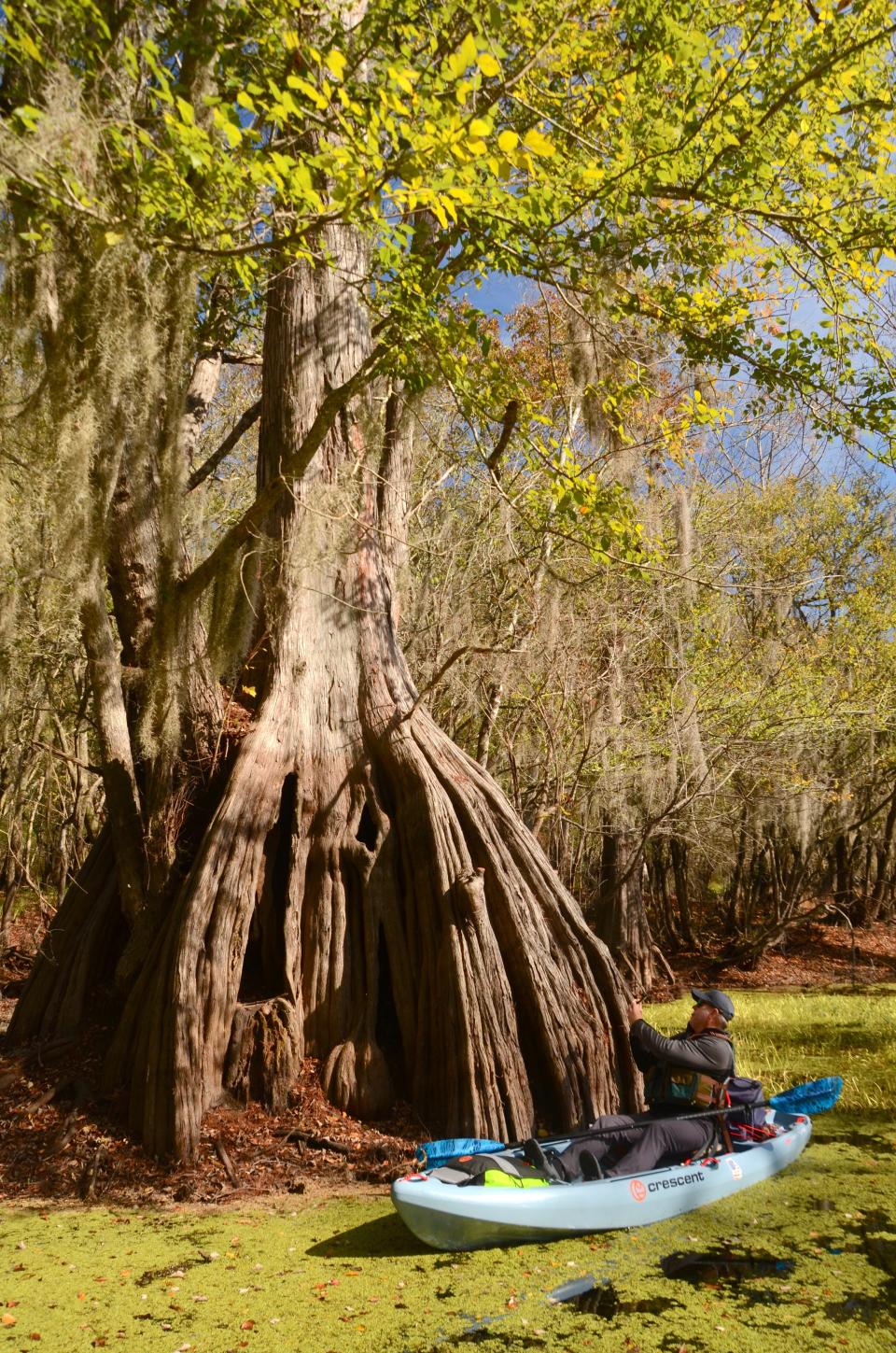Conservationists: Supreme Court decision leaves Georgia wetlands unprotected, at risk

The U.S. Supreme Court recently decided a case that dealt a blow to conservationists by rolling back federal wetlands protections and stands to exclude many Georgia lands from federal oversight.
Growing development throughout the state, as well as the controversial proposed mining plan at the Okefenokee Swamp, has brought wetland protections to the forethought of Georgians' minds. Sackett v. EPA's decision may clarify what areas are and are not protected in Georgia and make development easier in wetlands.

What was the case?
In 2007, the Sackett family in Idaho sued the U.S. Environmental Protection Agency over the rights to fill wetlands on their property to build a house near Priest Lake. The family had filled in wetlands for the project but were notified after that they had violated federal law in doing so due to the wetland's groundwater connection to the lake, and that they would have needed to seek federal permits.
Their suit against the EPA contends the wetlands on their property are not under federal jurisdiction and tests the bright lines for what the agency can consider federally protected wetlands.
In an opinion written by Justice Samuel Alito and joined by four other conservative justices, the court decided that the federal government's jurisdiction only includes wetlands with a "continuous surface connection" to a larger body of water in a way that makes them "indistinguishable" from those large bodies.
Want the deep dive? 'Significant repercussions.' Supreme Court limits government power to curb water pollution
Previously: Restored Clean Water protections come to Georgia, but may not change Okefenokee mine
This curtails the EPA's ability to control water pollution, because the wetlands in question in the Sackett case still feed into the rivers and lakes that are more explicitly covered by federal pollution regulations.
According to Adam Orford, an assistant professor of environment, energy and natural resources law at the University of Georgia School of Law, the decision mirrors the conservative opinion of one of the last major U.S. Supreme Court decisions that attempted to clarify this question, Rapanos v. United States, in which Scalia wrote a similarly limited interpretation of the federal water jurisdiction.

In Georgia, not all wetlands are protected equally
According to Orford, the decision will have big ramifications for Georgia's wetlands, particularly those outside of the coastal region. Wetlands in Georgia extend far beyond the coastal marshes, including wetlands in river basins throughout the state and the mountain seeps and bogs seen in the northern region of Georgia.
He said the case comes out of the Clean Water Act, particularly the language it uses to explain what waters the U.S. federal government has jurisdiction over. Those are called "Waters of the United States," also abbreviated WOTUS.
"That's a pretty big phrase that isn't well defined," Orford said. Since the act's beginning in the 1970s, Orford said there's been plenty of litigation trying to clear the muddy legal waters of what areas are or are not included in this definition. In Georgia, residents have seen this debate play out in the back-and-forth between developers and the U.S. Army Corps of Engineers over whether the Okefenokee Swamp is federally protected.
But different wetlands in Georgia enjoy different protections, Orford said. On the coast, the Coastal Marshlands Protection Act is a Georgia state law that regulates activities nearby to ensure the marsh's quality and prevent pollution, and it's a higher level of care than Georgia's upland wetlands like mountain bogs receive. With the Sackett decision, he said the state might see how state protections prevent wetland loss better in some places than others, but ultimately wetlands throughout Georgia will be excluded from federal protections and be vulnerable to destruction.
Latest at the swamp: Public comments for Okefenokee Swamp mining plans are open
At the gold dome: Okefenokee Protection Act dies in state House; proponents prepare for next year
Conservationists' concern for future pollution
Conservationists argue the decision will increase the risk of pollution to waterways throughout the state that serve as drinking water sources and recreational spaces.
"The health of these rivers is dependent upon the health of the thousands of streams that feed rivers and the health of those streams is dependent on healthy, functioning wetlands," said Rena Peck, executive director of the Georgia River Network. "Wetlands are the kidneys of our river systems and without them, our rivers end up on life support."
Both Peck and UGA's Orford said that barring action from Congress, the only way protections can be strengthened in Georgia will be through the Georgia legislature and state-level rulemaking.
"The case, Sackett v. EPA, was brought by developers who, along with many industrial polluters, asked the court to overturn decades of bipartisan consistent practice and drastically cut the scope of the Clean Water Act," wrote the Southern Environmental Law Center in a press release about the decision. The group echoed that increased pollution and flooding will come due to decreased wetland spaces, and ultimately that the decision heavily erodes the government's ability to enforce the Clean Water Act.
But not everyone agrees. The decision could be a boon for those seeking to develop on wetlands or avoid the procedural points of federal oversight. Georgia Republican congressman Rick Allen, who covers a swatch of east Georgia from Augusta down through Effingham County, said in a news release that "Georgia (Congressional District) 12 farmers, producers, and landowners received a much-needed win ... with the Supreme Court ruling in favor of Michael and Chantell Sackett." He argued that the Biden administration's wetlands policy was overreaching and didn't respect property rights.
This article originally appeared on Savannah Morning News: U.S. Supreme Court decision could leave Georgia wetlands unprotected

